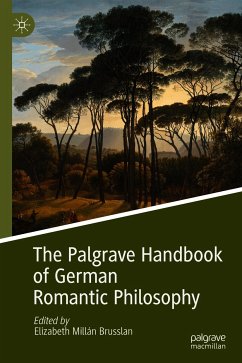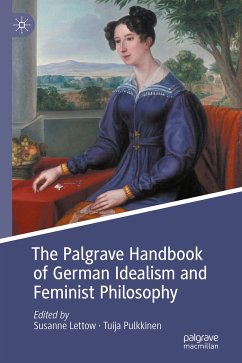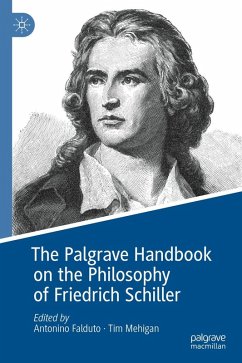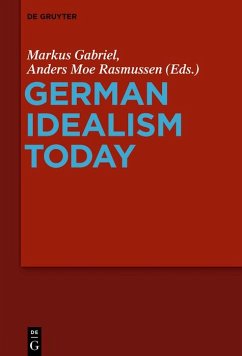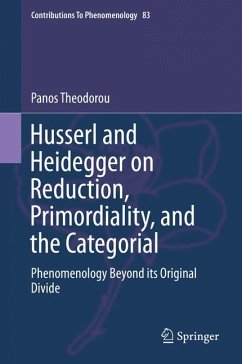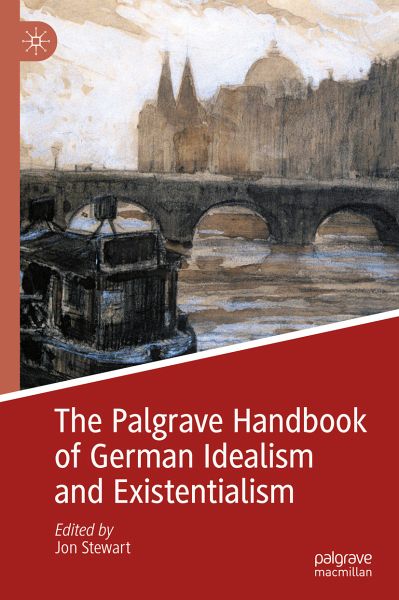
The Palgrave Handbook of German Idealism and Existentialism (eBook, PDF)
Versandkostenfrei!
Sofort per Download lieferbar
136,95 €
inkl. MwSt.
Weitere Ausgaben:

PAYBACK Punkte
68 °P sammeln!
This Handbook explores the complex relations between two great schools of continental philosophy: German idealism and existentialism. While the existentialists are commonly thought to have rejected idealism as overly abstract and neglectful of the concrete experience of the individual, the chapters in this collection reveal that the German idealists in fact anticipated many key existentialist ideas. A radically new vision of the history of continental philosophy is thereby established, one that understands existentialism as a continuous development from German idealism.Key Features Operates at...
This Handbook explores the complex relations between two great schools of continental philosophy: German idealism and existentialism. While the existentialists are commonly thought to have rejected idealism as overly abstract and neglectful of the concrete experience of the individual, the chapters in this collection reveal that the German idealists in fact anticipated many key existentialist ideas. A radically new vision of the history of continental philosophy is thereby established, one that understands existentialism as a continuous development from German idealism.
Key Features
This Handbook is an essential resource for researchers and advanced students interested in thinking critically about the broad development of continental philosophy. Moreover, the individual chapters on specific philosophers contain a wealth of information that will compel experts in the field to reconsider their views on these figures.
Key Features
- Operates at both the macro-level and micro-level, treating both the two schools of thought and the individual thinkers associated with them
- Explores the relations from shifting perspectives by examining how the German idealists anticipated existentialist themes and how the existentialists concretely drew on the work of the idealists
- Meticulouslyuncovers and documents many little-known points of contact between the German idealists and the existentialists
- Includes often neglected figures such as Jacobi and Trendelenburg
This Handbook is an essential resource for researchers and advanced students interested in thinking critically about the broad development of continental philosophy. Moreover, the individual chapters on specific philosophers contain a wealth of information that will compel experts in the field to reconsider their views on these figures.
Dieser Download kann aus rechtlichen Gründen nur mit Rechnungsadresse in A, B, BG, CY, CZ, D, DK, EW, E, FIN, F, GR, HR, H, IRL, I, LT, L, LR, M, NL, PL, P, R, S, SLO, SK ausgeliefert werden.




